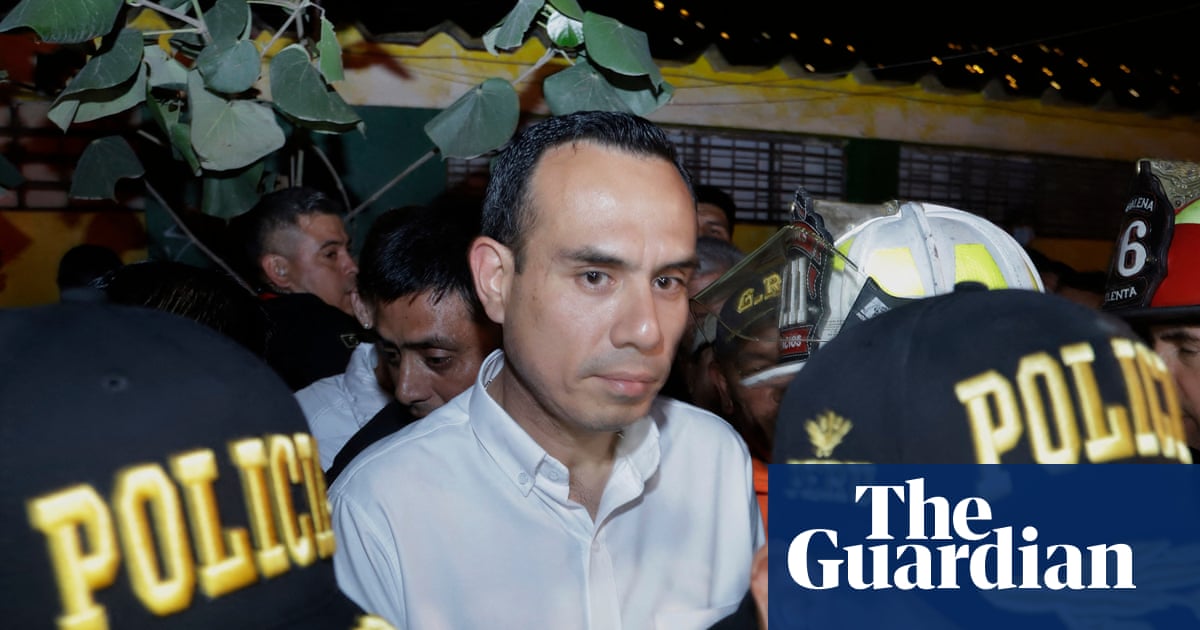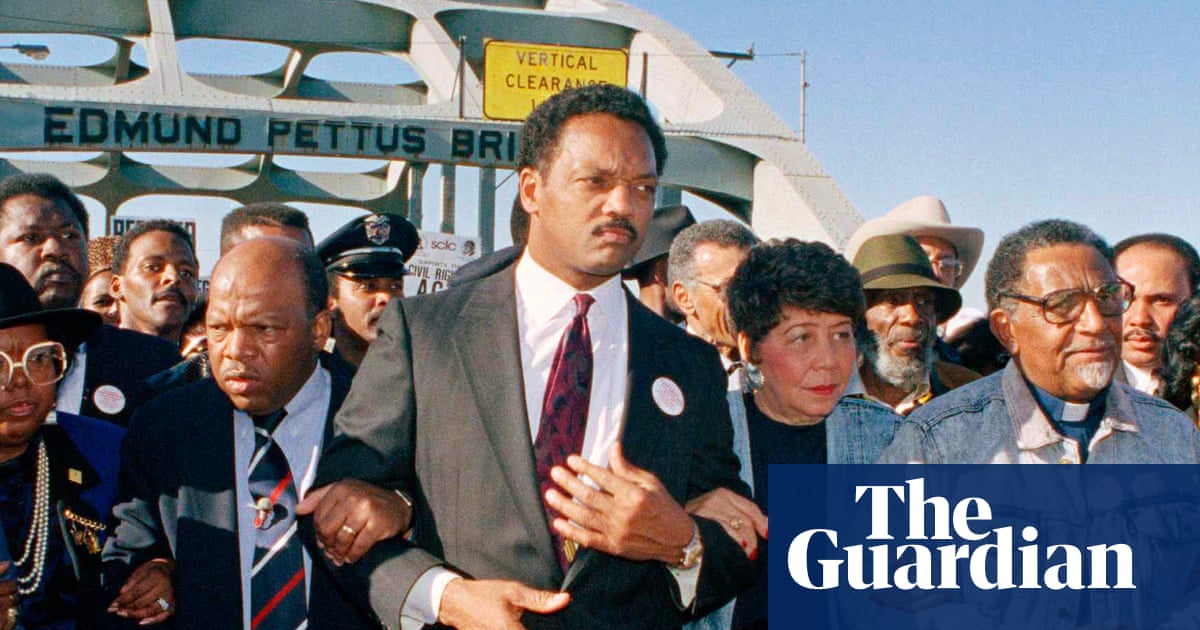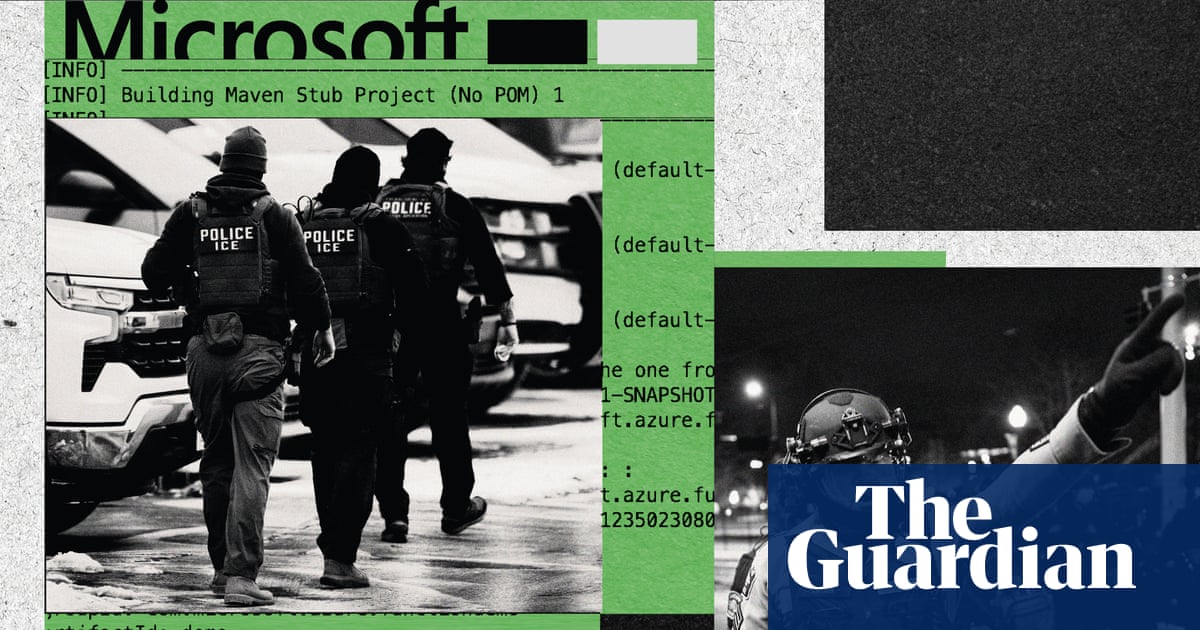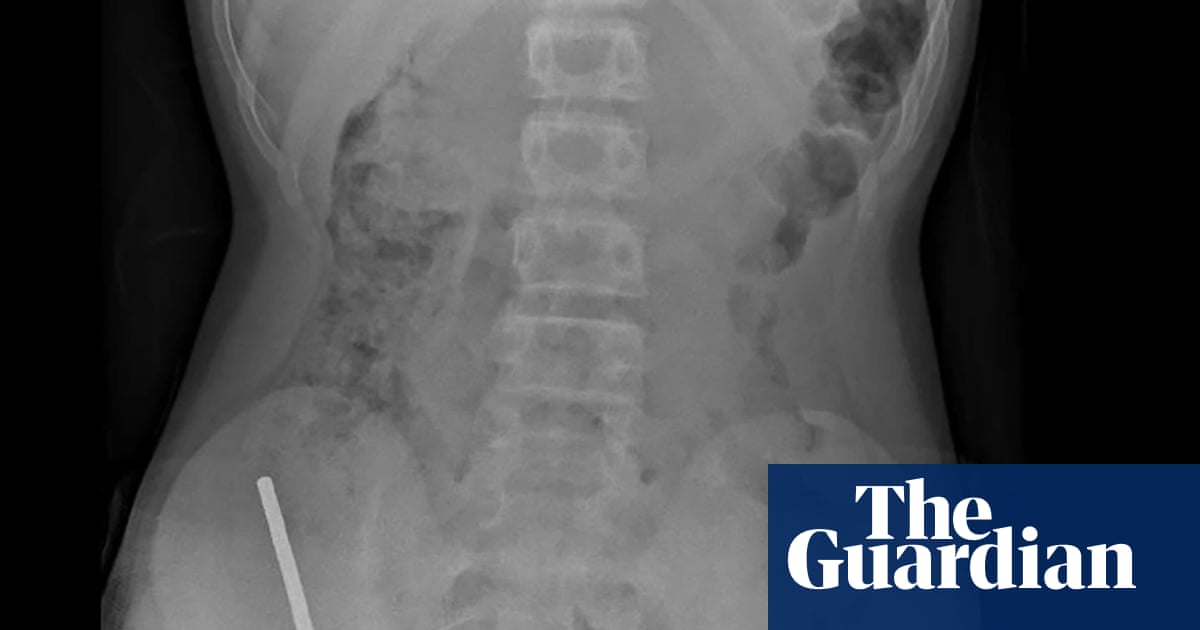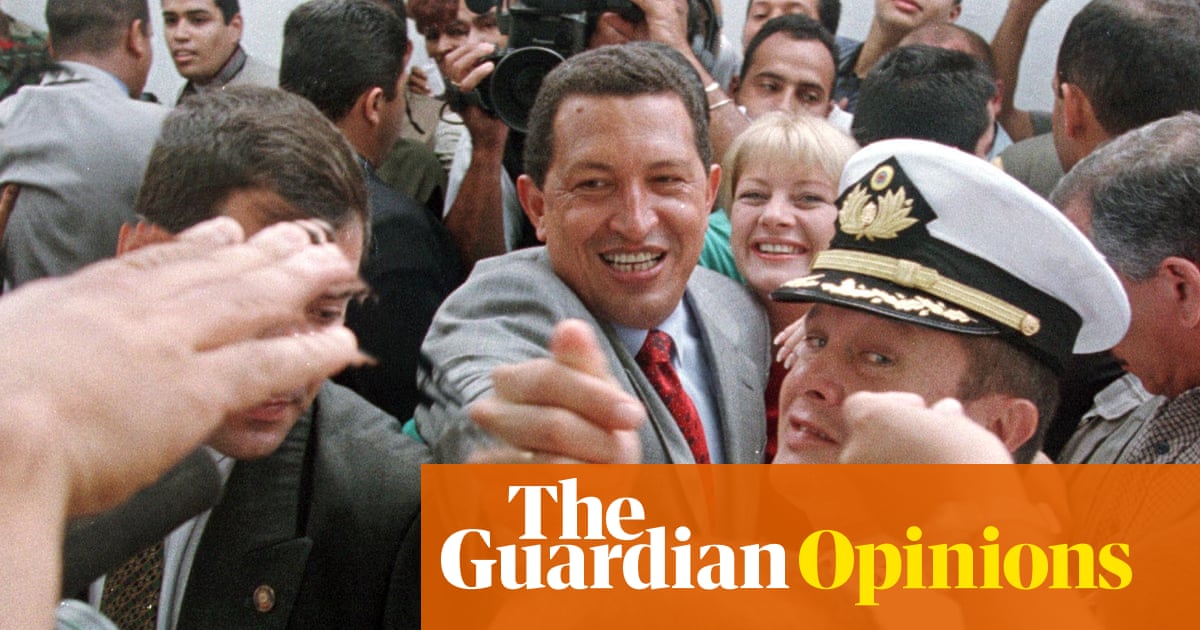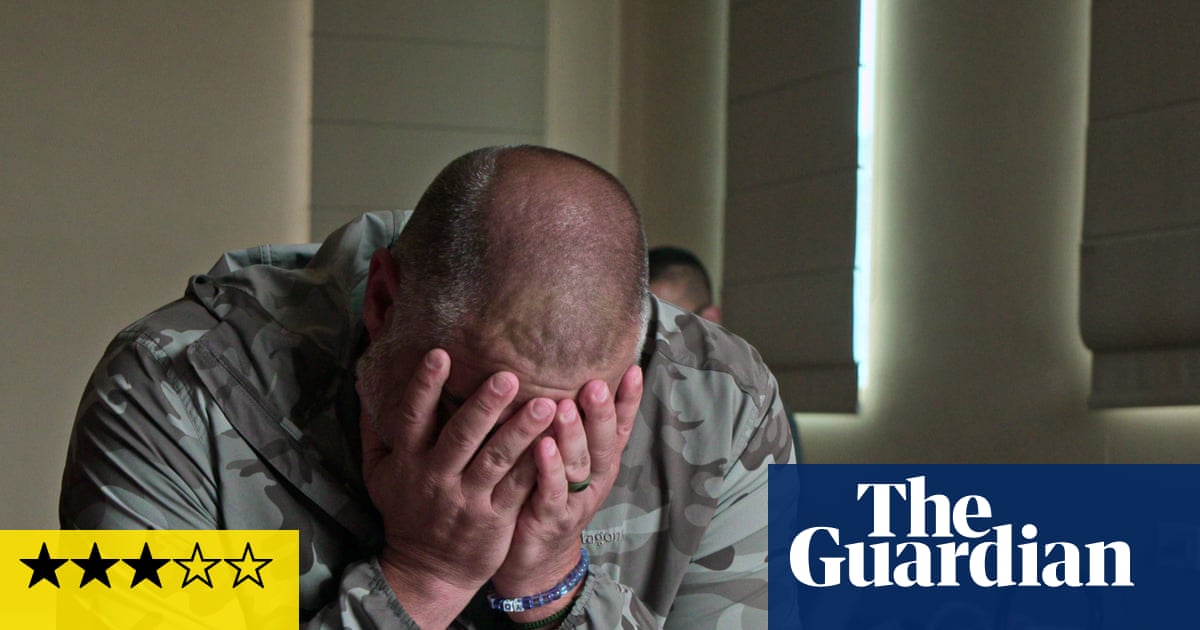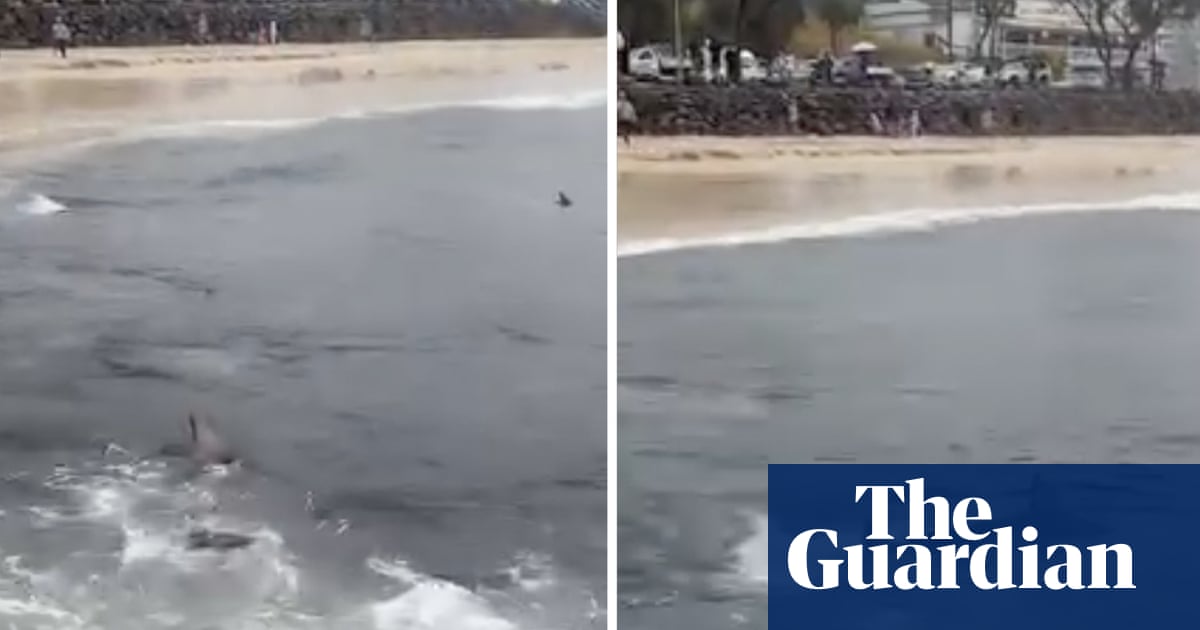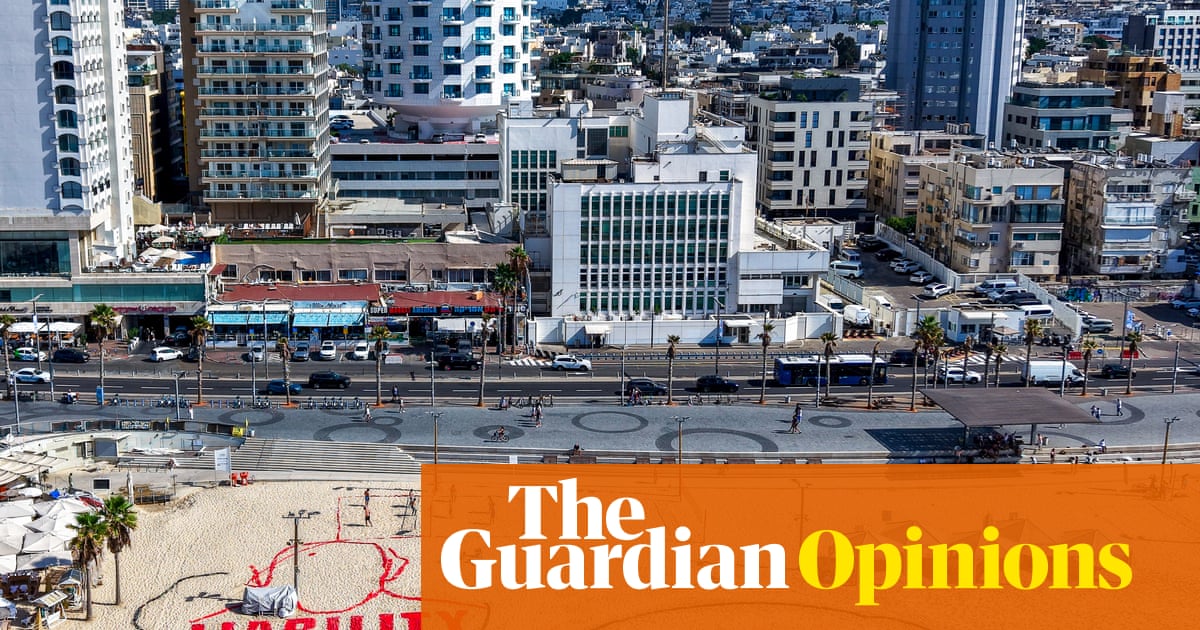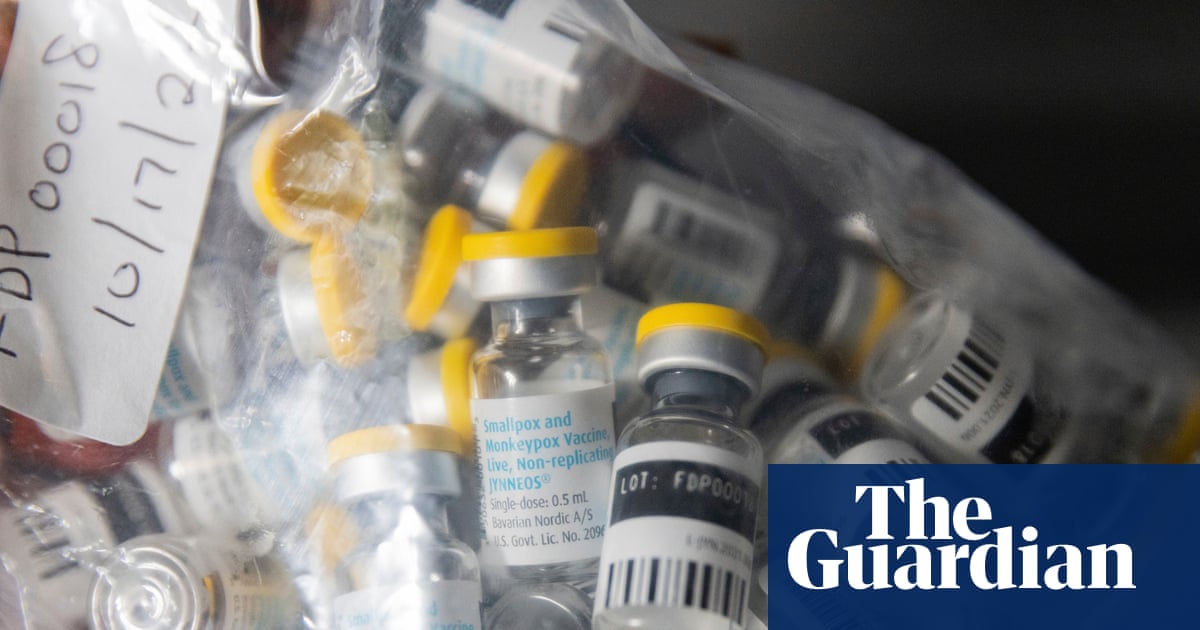There are grave fears for civilians who survived the capture of El Fasher by a Sudanese paramilitary group last month, as the UN warned relief operations were on the brink of collapse and an aid group said malnutrition in displacement camps had reached “staggering” levels.
The Rapid Support Forces (RSF) captured El Fasher – the capital of North Darfur state and the last urban centre outside of its grasp in the wider Darfur region – on 26 October. Survivor accounts and video and satellite evidence suggest more than 1,500 people were killed in ethnically targeted massacres in the immediate aftermath.
The International Organization for Migration, a UN agency, said the humanitarian situation in North Darfur had deteriorated in recent weeks. “Despite the rising need, humanitarian operations are now on the brink of collapse,” the IOM said in a statement.
“Warehouses are nearly empty, aid convoys face significant insecurity, and access restrictions continue to prevent the delivery of sufficient aid.”
Amy Pope, the IOM director general, said: “Our teams are responding, but insecurity and depleted supplies mean we are only reaching a fraction of those in need. Without safe access and urgent funding, humanitarian operations risk grinding to a halt at the very moment communities need support the most.”
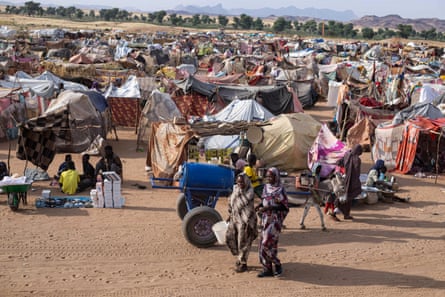
The IOM said nearly 90,000 people had left El Fasher and surrounding villages in recent weeks, undertaking a perilous journey through unsafe routes where they have no access to food, water or medical assistance.
Tens of thousands have arrived at overcrowded displacement camps in Tawila, about 70km (43 miles) from El Fasher. In the camps, the displaced find themselves in barren areas with few tents and insufficient food and medical supplies.
The aid group Doctors Without Borders warned that malnutrition in displacement camps had reached “staggering” rates. More than 70% of children under the age of five who reached Tawila between the fall of El Fasher at the end of October and 3 November were acutely malnourished, and more than a third experienced severe acute malnutrition, the group said. “The true scale of the crisis is likely far worse than reported,” it added.
The World Health Organization warned this week that thousands of people remained trapped in the city with almost no access to food, clean water or medical care.
One witness to the fall of El Fasher told Reuters by phone from Tawila that RSF trucks had sprayed civilians with machine-gun fire and crushed them with their vehicles. “Young people, elderly, children, they ran them over,” said the man, who did not want to give his name. Another said he saw militiamen raiding residential areas and killing as many as 50 to 60 people in a street.
The RSF has been at war with the Sudanese army since April 2023, when tensions erupted between the two former allies that were meant to oversee a democratic transition after a 2019 uprising.
The RSF’s principal backer, the United Arab Emirates, has faced criticism for allegedly supplying weapons and mercenaries used in the capture of El Fasher. The UAE denies the claims despite evidence being presented in UN reports and elsewhere.
The full scale of the atrocities that have taken place in El Fasher are yet to emerge, but satellite imagery has picked up large pools of blood on streets and footage shot by RSF fighters themselves shows multiple instances of people wearing civilian clothes being shot dead. Fleeing medical workers have recounted killings, abductions, rapes and looting.
“There is mounting evidence that rape is being deliberately and systematically used as a weapon of war,” said Anna Mutavati, the UN Women regional director for east and southern Africa. “Women’s bodies become a crime scene in Sudan.”
As in previous mass killings perpetrated by the RSF, fighters in El Fasher appeared to be targeting darker skinned non-Arabs.
“These attacks have made starkly clear the cost of inaction by the international community,” the UN commissioner for human rights, Volker Türk, told Agence France-Presse on Monday.
The international criminal court has launched an investigation to determine the scale of abuses and potential war crimes in El Fasher, examining satellite imagery, witness testimonies, and on the ground reports.
Associated Press, Agence France-Presse and Reuters contributed to this report

 3 months ago
58
3 months ago
58
